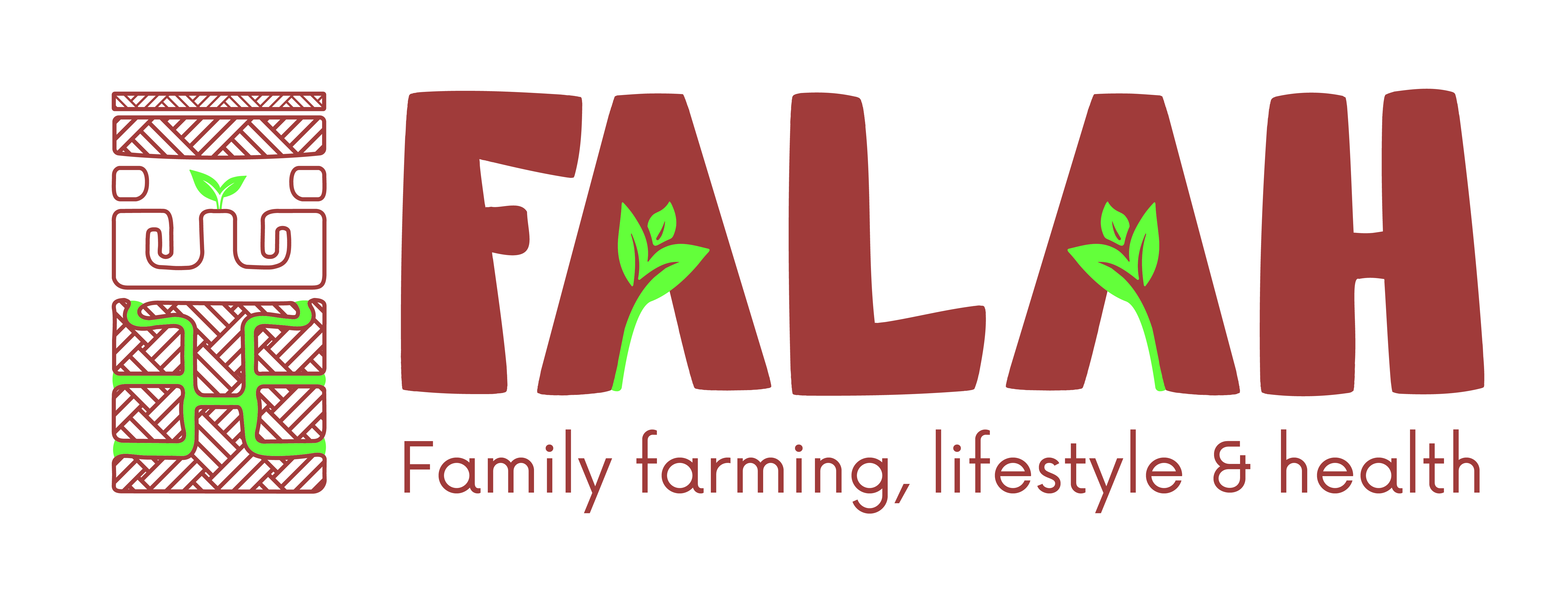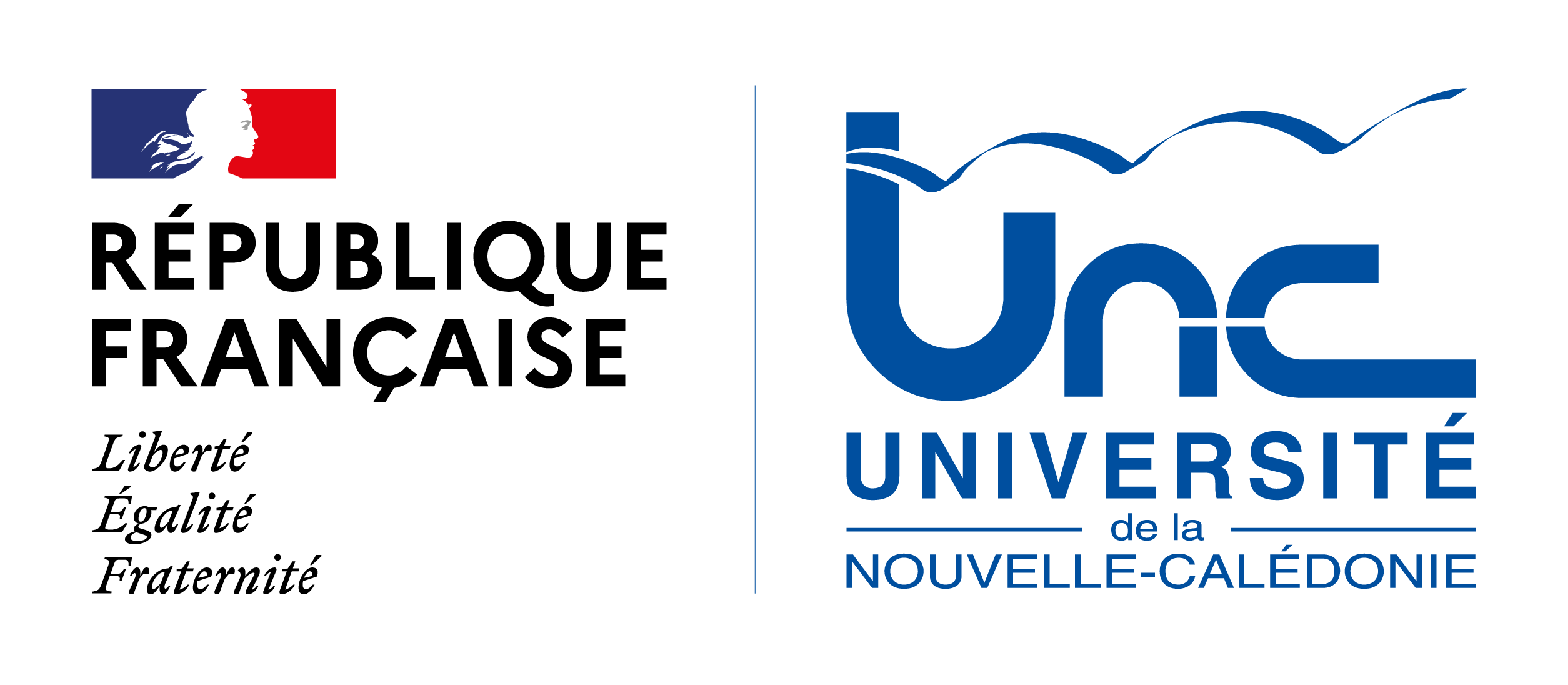Project
Family farming is a practice rooted in the culture of Oceanian populations. For a long time, it has provided for most of the food for families, meeting / in line with the nutritional and sanitary / health needs of populations, while preserving their environment.
Today, family farming and food are threatened by the development of cities, the transformation of means of production and transportation, which are profoundly changing lifestyles and endangering the health of populations. These transformations in addition to climate change, place the islands in a highly vulnerable situation.
The methodological approach of the teams’networking is based on the permanent articulation between disciplines. The project partners, through secondments and fieldworks, are involved in common research projects structured around two complementary approaches (agriculture and food).
On one hand, agricultural practices and modes of production and/or harvesting of resources from the land, sea (fishing) and nature (gathering, harvesting) are analyzed through the lifestyles of societies in urban, peri-urban and rural environments. Production techniques are re-explored in relation to environmental conditions and social functioning in rural and urban areas. Production and distribution channels are also identified, as well as the contribution of agricultural production to the population's diet via markets and other distribution and means of exchange (formal or informal).
On the other hand, lifestyle and diets of young people are analyzed via schools to identify, among other things, the table-plate-market pathways. Precisions on diets allow comparisons to be made between agricultural and imported products , processed and/or industrial products.
Qualitative and quantitative methodologies from several disciplines are used to analyze the social, spatial and temporal dimensions of family farming, lifestyle and their consequences on the populations’ health status.
The meetings between researchers and local actors involved in the planning and development of the sectors make it possible to enrich experiments that lead to methodological innovations with comparative aims in rural and urban research fields.
New knowledge is shared, taught and disseminated to support production systems and sustainable consumption patterns adapted to the socio-cultural context of Oceania.
The way of life of the people of the Pacific has undergone a brutal transition over the last 70 years. A dietary transition is underway in the Pacific region and the diet has shifted from a traditional diet consisting mainly of fresh fish, vegetables and tubers to a modern diet consisting mainly of imported products and canned meat or fish and processed foods.
At the same time, daily activity, initially based on fishing and agriculture, has shifted to more sedentary activities that have had a major impact on people's health.
Pacific Islanders now face the highest rates of prevalence of overweight and its complications, such as diabetes or cardiovascular diseases. For example, the prevalence of diabetes and hypertension is over 20% in more than eight countries in the region and overweight affects between 50 and 80% of adults.
Exploring nutrition (macro- and micro-nutrient intakes) and physical activity (energy expenditure) in families practicing family farming allows researchers to identify potentially long-lasting health effects. This analysis of intergenerational practices (children, parents and grandparents) allows for a better understanding of health effects and the promotion of healthier lifestyles.
FALAH aims to cross traditional and scientific knowledge on large-scale farming on small plots and food practices to establish production and consumption strategies adapted to the socio-cultural context on Pacific island.
The research results will contribute to the promotion of production systems adapted and protective of the environment, food education by promoting balanced consumption patterns, physical activity and diet-related lifestyle changes for people’s well-being.
The sharing of new knowledges to develop sustainable intervention strategies that can help people in other regions, especially people in urban and peri-urban areas, will lead to the development of an agriculture at the local level that guarantees the health of all and to effectively assist the family farming’s decade supported by the United Nations Organization.









